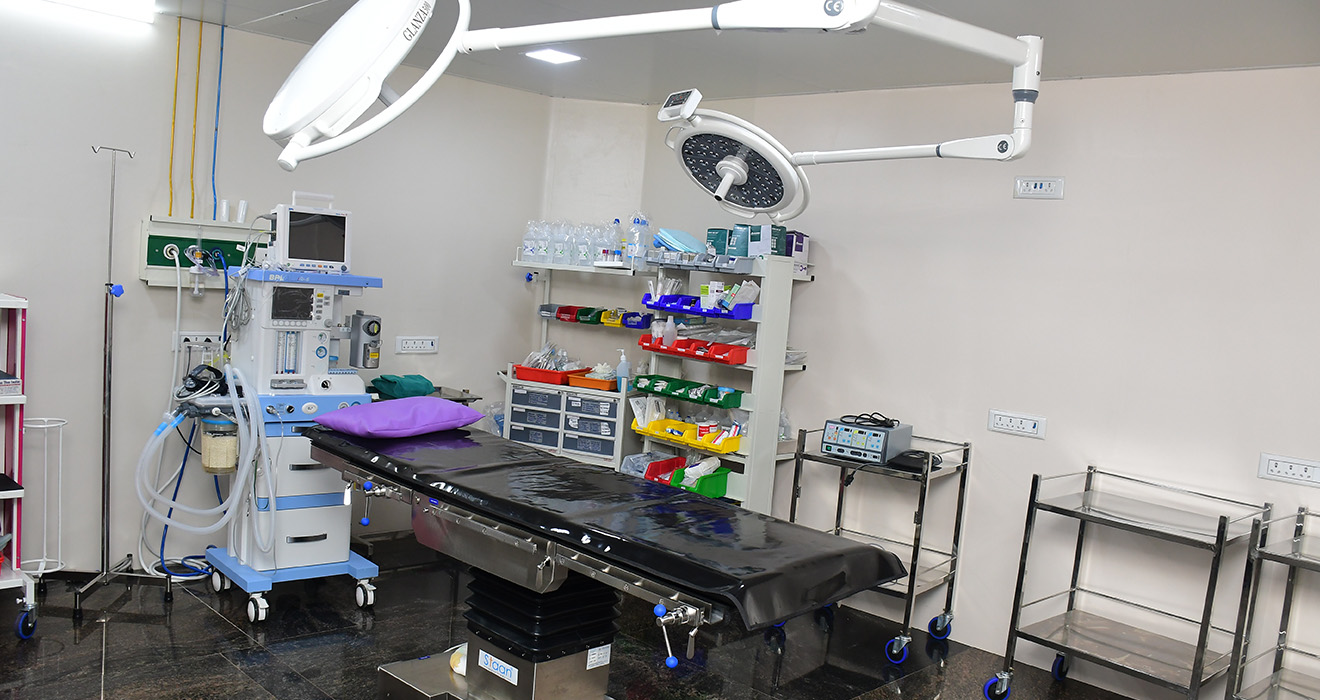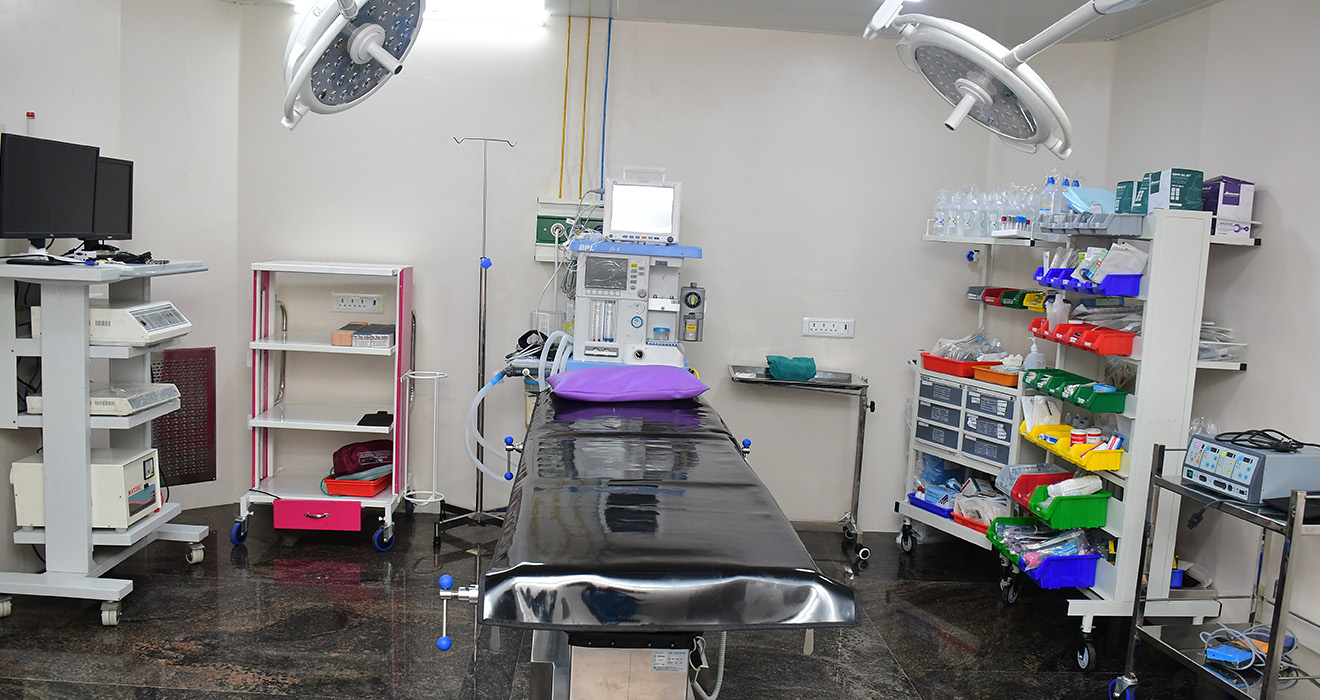ENT Department
An otolaryngologist, commonly referred to as an ENT (ear, nose, and throat) specialist, is a medical doctor who specializes in the diagnosis and treatment of disorders related to the ear, nose, throat, head, and neck. Otolaryngologists are trained to manage a wide range of conditions affecting these areas, from common issues like ear infections and sinusitis to more complex conditions such as head and neck cancers and hearing loss.



Otology (Ear Disorders):
- Diagnosis and treatment of conditions affecting the ear, including ear infections, hearing loss, tinnitus (ringing in the ears), and balance disorders.
- Management of chronic ear diseases, such as chronic otitis media and cholesteatoma.
- Surgical procedures like tympanoplasty (eardrum repair), mastoidectomy, and cochlear implantation.
Rhinology (Nose and Sinus Disorders):
- Evaluation and management of nasal and sinus conditions, including sinusitis, nasal polyps, deviated septum, and allergic rhinitis.
- Endoscopic sinus surgery (ESS) to treat chronic sinus infections and improve sinus drainage.
- Septoplasty and turbinate reduction to correct nasal obstruction and improve airflow.
Laryngology (Throat and Voice Disorders):
- Diagnosis and treatment of disorders affecting the throat and voice, such as laryngitis, vocal cord nodules, polyps, and paralysis.
- Vocal cord surgery, including microlaryngoscopy and laser surgery, to treat voice disorders and remove vocal cord lesions.
- Treatment of swallowing disorders (dysphagia) and chronic cough.
Head and Neck Surgery:
- Management of benign and malignant tumors of the head and neck, including thyroid and parathyroid diseases, salivary gland disorders, and skin cancers.
- Surgical procedures like thyroidectomy, parotidectomy, and neck dissection.
- Reconstruction of defects following tumor removal using local flaps or microvascular free tissue transfer.
Pediatric Otolaryngology:
- Evaluation and management of ear, nose, and throat conditions in children, including congenital abnormalities, recurrent ear infections, and tonsillitis.
- Surgical procedures such as adenoidectomy, tonsillectomy, and placement of ear tubes (tympanostomy tubes).
Facial Plastic and Reconstructive Surgery:
- Cosmetic and reconstructive procedures to improve facial appearance and function, including rhinoplasty (nose surgery), otoplasty (ear surgery), and facial rejuvenation.
- Treatment of facial trauma and scar revision.
- Tympanoplasty: Surgical repair of a perforated eardrum to restore hearing and prevent recurrent infections.
- Endoscopic Sinus Surgery: Minimally invasive procedure to remove blockages in the sinuses and improve sinus drainage.
- Tonsillectomy and Adenoidectomy: Surgical removal of the tonsils and adenoids to treat recurrent infections or breathing problems.
- Thyroidectomy: Surgical removal of part or all of the thyroid gland to treat thyroid disorders or thyroid cancer.
- Laryngoscopy: Examination of the larynx (voice box) using a laryngoscope to diagnose voice disorders and throat conditions.
- Parotidectomy: Surgical removal of the parotid gland to treat tumors or infections.
- Cochlear Implantation: Surgical placement of a device to restore hearing in individuals with severe hearing loss or deafness.
- Septoplasty and Turbinate Reduction: Surgical procedures to correct a deviated septum and reduce enlarged nasal turbinates to improve nasal airflow.
- Facial Plastic Surgery: Cosmetic procedures to enhance facial appearance, such as rhinoplasty, facelift, and eyelid surge
Diagnosis and Evaluation:
- Conducting comprehensive evaluations and diagnostic tests to identify ear, nose, and throat conditions.
- Utilizing imaging studies, endoscopy, and other tools to visualize and diagnose disorders.
Treatment Planning:
- Developing personalized treatment plans based on the patient's condition, symptoms, and preferences.
- Providing medical and surgical treatments to address a wide range of otolaryngological disorders.
Surgical Intervention:
- Performing a variety of surgical procedures to treat ear, nose, and throat conditions, often using minimally invasive techniques.
- Collaborating with other specialists, such as neurosurgeons and oncologists, for complex head and neck surgeries.
Patient Education and Counseling:
- Educating patients about their conditions, treatment options, and preventive measures.
- Offering guidance on lifestyle modifications, including smoking cessation and allergy management.
Follow-up Care:
- Monitoring patients' progress and recovery following treatment or surgery.
- Providing ongoing care and support to manage chronic conditions and prevent complications.
Research and Education:
- Engaging in clinical research to advance the field of otolaryngology and improve patient outcomes.
- Teaching medical students, residents, and fellows about ear, nose, and throat disorders and their management.
- Medical School: Completion of a Doctor of Medicine (MD) or Doctor of Osteopathic Medicine (DO) degree.
- Residency: A 5-year otolaryngology-head and neck surgery residency program, which includes training in medical and surgical management of ear, nose, and throat conditions.
- Fellowship (Optional): Additional specialized training in areas such as pediatric otolaryngology, facial plastic and reconstructive surgery, or head and neck oncology.
Otolaryngologists play a vital role in diagnosing, treating, and managing disorders of the ear, nose, throat, head, and neck. They provide comprehensive care to patients of all ages, from newborns with congenital abnormalities to elderly individuals with age-related hearing loss and other conditions.
ENT Specialist
An ENT specialist, also known as an otolaryngologist, is a medical doctor who specializes in the diagnosis, treatment, and management of disorders related to the ear, nose, throat, head, and neck. These specialists are trained to address a wide range of conditions affecting these areas, from common issues like ear infections and sinusitis to more complex conditions such as head and neck cancers and hearing loss.

